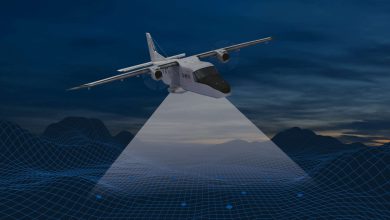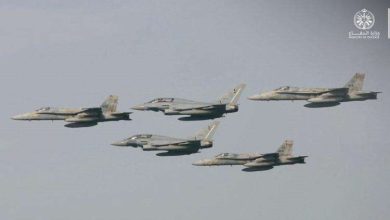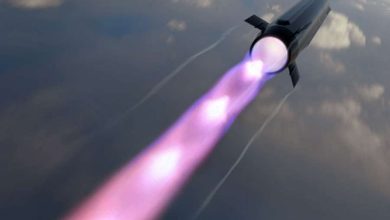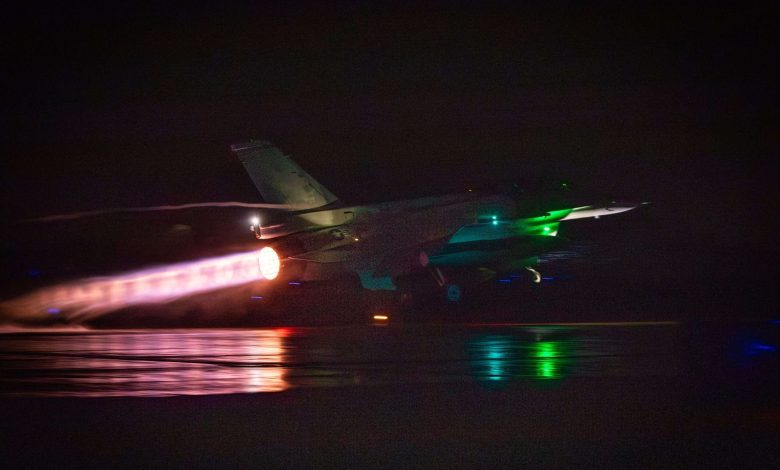
F-16 Block 70 Jets Embark on Landmark Journey to Bahrain: Ushering in a New Chapter for Air Defense
Lockheed Martin today celebrated a pivotal achievement with the departure of the inaugural ferry cell of three F-16 Block 70 aircraft from Greenville, South Carolina, en route to Bahrain. This occasion underscores Bahrain’s position as the first Gulf Cooperation Council nation to operate the F-16 and now the initial to incorporate the F-16 Block 70 model into its arsenal.
So far, Lockheed Martin has manufactured five F-16 Block 70 jets for Bahrain, with 11 more currently in various phases of production and testing. The initial aircraft are engaged in flight experimentation missions at Edwards Air Force Base, California, in collaboration with the 416th Flight Test Squadron.
OJ Sanchez, vice president and general manager of the Integrated Fighter Group at Lockheed Martin, highlighted the significance of the F-16 within the collaborative 21st Century Security operational realm. “With the launch of the F-16 Block 70, we are experiencing a remarkable enhancement in fighter capabilities. The incorporation of this reliable platform will enable the Royal Bahraini Air Force to protect its airspace efficiently and team up with allies globally,” stated Sanchez.
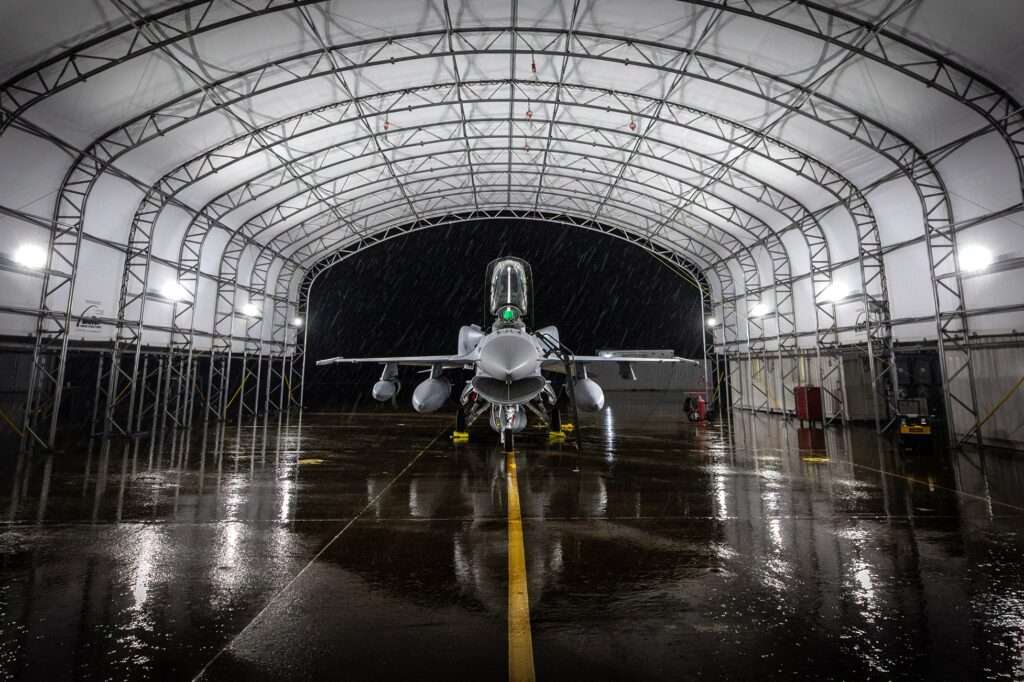
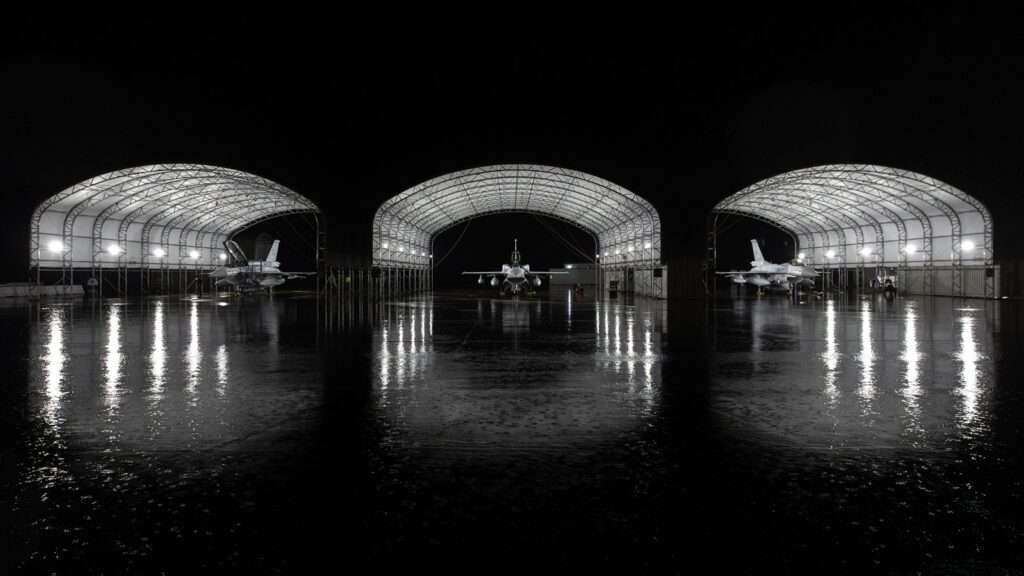
“Currently, over 3,100 F-16s are operational across 25 nations, illustrating the F-16’s stature as a highly dependable and adaptable fighter.” Sanchez also recognized the enduring alliance between the U.S. government, Bahrain, and Lockheed Martin, a collaboration that embodies shared principles in defense, economic progress, and cultural connections.
The F-16 Block 70 jets, signifying a substantial advancement in fighter capabilities, lead the way in 4.5-generation technology. These aircraft are outfitted with the APG-83 AESA Radar, sophisticated avionics, and a modernized cockpit featuring innovative safety systems and advanced weaponry. Further improvements include conformal fuel tanks for enhanced range, a better-performing engine, and an industry-leading extended structural service life of 12,000 hours. A key safety enhancement, the Automatic Ground Collision Avoidance System (Auto GCAS), introduced in late 2014, has been pivotal in preserving the lives of 13 pilots across 12 jets, showcasing the aircraft’s exceptional safety and operational performance.
Lockheed Martin’s dedication to the Middle East extends over 50 years, concentrating on regional security and cutting-edge technology for vital missions. The existing backlog of the F-16 Block 70 program consists of 133 aircraft across six nations. This year, Lockheed Martin expects to deliver between 19-21 jets and anticipates potential opportunities for an additional 300 jets globally.







